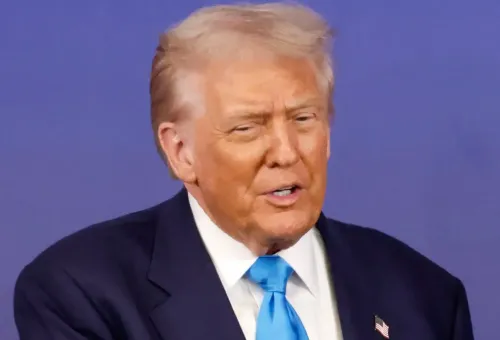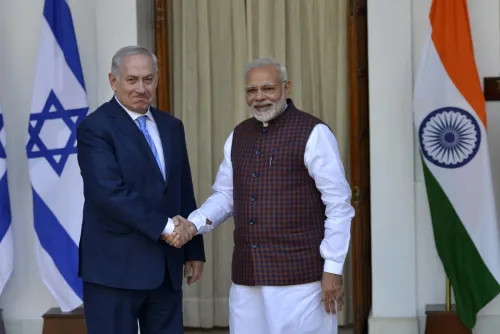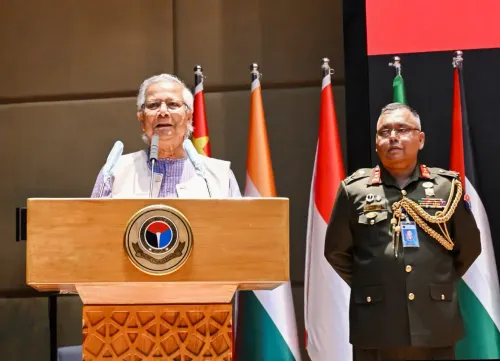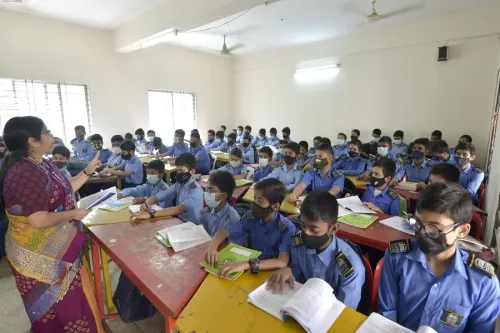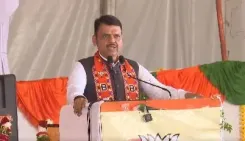Trump Anticipates Russia's Ceasefire Feedback on Ukraine This Week
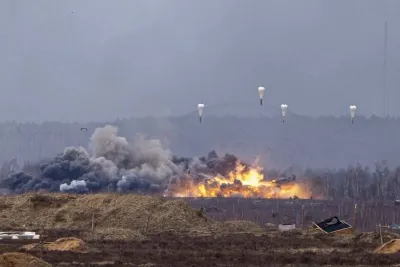
Synopsis
Key Takeaways
- Trump expects a response from Russia on Ukraine ceasefire.
- Lavrov reaffirms Moscow's collaboration with the US.
- Secretary Rubio provides updates from Paris discussions.
- Russia's envoy calls the ceasefire unrealistic.
- Ukraine's recent strikes violate the proposed moratorium.
Moscow, April 18 (NationPress) Shortly after a phone call between Russian Foreign Minister Sergei Lavrov and United States Secretary of State Marco Rubio, US President Donald Trump expressed his anticipation of receiving Russia's feedback on a potential ceasefire in Ukraine by the weekend.
"We expect to hear from them this week, and quite soon. I believe we are nearing an agreement, but we will provide updates shortly," Trump informed reporters at the White House.
The Russian Foreign Ministry indicated that Lavrov reiterated Moscow's willingness to collaborate with their American counterparts to thoroughly tackle the underlying issues of the Ukrainian crisis.
Secretary Rubio, present in Paris, briefed the Russian officials about recent discussions he and US President's Special Envoy Steve Witkoff had in the French capital.
"These talks included representatives from Ukraine, France, and other European nations. It was highlighted that these discussions align with ongoing consultations between Washington and Moscow, which include the recent dialogue between Russian President Vladimir Putin and Witkoff in Saint Petersburg," the statement noted.
Meanwhile, Russia's UN envoy Vasily Nebenzya commented that a ceasefire in Ukraine is currently "unrealistic," as Kyiv has not adhered to the moratorium on attacking energy infrastructure.
"We attempted a limited ceasefire regarding energy infrastructure, which the Ukrainian side did not observe. Given these circumstances, discussing a ceasefire now is simply unrealistic," he told the media.
On March 18, President Trump proposed that both sides of the conflict refrain from striking energy infrastructure for a period of 30 days. President Vladimir Putin quickly agreed and issued the necessary command to the Russian military. Ukrainian President Volodymyr Zelensky later indicated that Ukraine would support the proposal.
However, Ukraine conducted attacks on Russian energy sites from March 18 to April 16 across 15 regions, including Belgorod, Bryansk, Voronezh, Zaporozhye, Kursk, Lipetsk, Rostov, Saratov, Smolensk, Tambov, Krasnodar, Kherson, Crimea, and the Donetsk and Luhansk regions. The assaults were executed using drones and various artillery systems, including the HIMARS.
Kremlin Spokesman Dmitry Peskov stated that Kyiv has not respected the moratorium, and attempts to target the Russian energy sector continue, according to reports from the TASS news agency on Friday.

